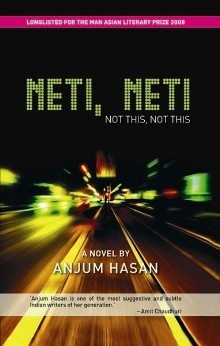What do you think?
Rate this book


288 pages, Paperback
First published January 1, 2009
‘When will it all end?’
And from somewhere in the jumble of non sequiturs that was her mind, Killer Queen drew out a miraculously logical answer. ‘It will end on the last page’.